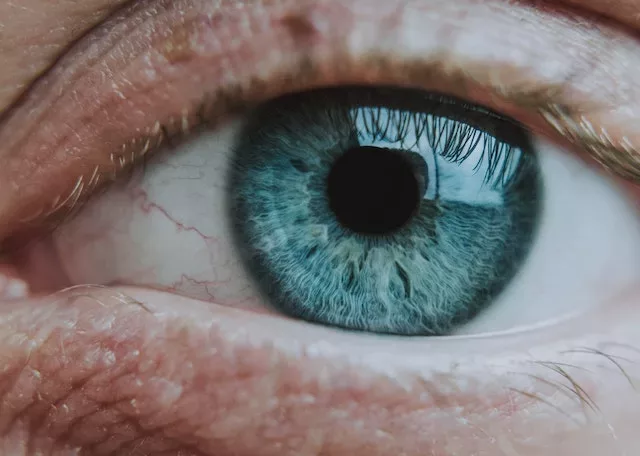
Why Do My Eyes Lose Focus While Driving? 7 Causes You Should Know!
Ever find yourself squinting and blinking while driving, trying to clear up your vision? Losing focus while driving can be scary and dangerous. Let's explore why this happens and what you can do about it!
1. Fatigue
Driving when you're tired can be like trying to read in a dim light—straining and uncomfortable. Fatigue is one of the biggest culprits for losing focus while driving. When you're tired, your eyes and brain aren't as sharp, making it hard to stay focused on the road.
Tips to Combat Fatigue:
- Get Enough Sleep: Aim for 7-9 hours of sleep per night.
- Take Breaks: If you're on a long drive, stop every two hours to rest.
- Stay Hydrated: Drink plenty of water to keep your body and mind alert.
2. Dry Eyes
Dry eyes can make it feel like you have sandpaper in your eyes. When your eyes are dry, they're more prone to irritation and blurriness, which can lead to losing focus while driving.
How to Prevent Dry Eyes:
- Blink Often: Make a conscious effort to blink more, especially when staring at the road.
- Use Eye Drops: Over-the-counter artificial tears can help keep your eyes moist.
- Humidify Your Car: Use a portable humidifier in your car to add moisture to the air.
3. Eye Strain
Staring at the road for long periods can cause eye strain, leading to blurry vision and difficulty focusing.
Ways to Reduce Eye Strain:
- Adjust Your Seat and Mirrors: Make sure you're in a comfortable position to minimize strain.
- Take Breaks: Look away from the road and focus on distant objects every now and then.
- Wear Sunglasses: Protect your eyes from glare and bright sunlight.
4. Incorrect Prescription Glasses
If you wear glasses or contact lenses, having the wrong prescription can cause your vision to blur, making it hard to focus.
What to Do:
- Get Regular Eye Exams: Ensure your prescription is up-to-date.
- Clean Your Lenses: Dirty lenses can also contribute to blurry vision.
- Consider Anti-Reflective Coating: This can reduce glare from headlights and streetlights.
5. Dehydration
When you're dehydrated, your eyes can become dry, leading to blurry vision and trouble focusing.
Stay Hydrated:
- Drink Water Regularly: Aim for at least 8 glasses a day.
- Limit Caffeine and Alcohol: These can dehydrate you.
- Eat Hydrating Foods: Include fruits and vegetables in your diet.
6. Allergies
Allergies can make your eyes itchy, watery, and blurred. Pollen, dust, and pet dander are common culprits.
Manage Allergies:
- Use Allergy Medication: Antihistamines can help control symptoms.
- Keep Your Car Clean: Regularly vacuum and dust your car interior.
- Use Air Purifiers: Consider using an air purifier in your car to reduce allergens.
7. Medical Conditions
Certain medical conditions, like diabetes or high blood pressure, can affect your vision.
Check with a Doctor:
- Regular Health Checkups: Monitor your overall health to manage conditions that can impact your vision.
- Follow Treatment Plans: Manage any diagnosed conditions with the help of your healthcare provider.
- Be Aware of Symptoms: If you notice persistent blurry vision, see a doctor promptly.
Wrap-Up
Losing focus while driving is not only frustrating but also dangerous. By understanding the causes and taking steps to address them, you can keep your eyes sharp and stay safe on the road. Remember, if you experience persistent vision problems, it's important to consult with an eye care professional.
Keeping these tips in mind can help you enjoy a clearer, safer driving experience. Next time you hit the road, make sure your eyes are ready for the journey!



